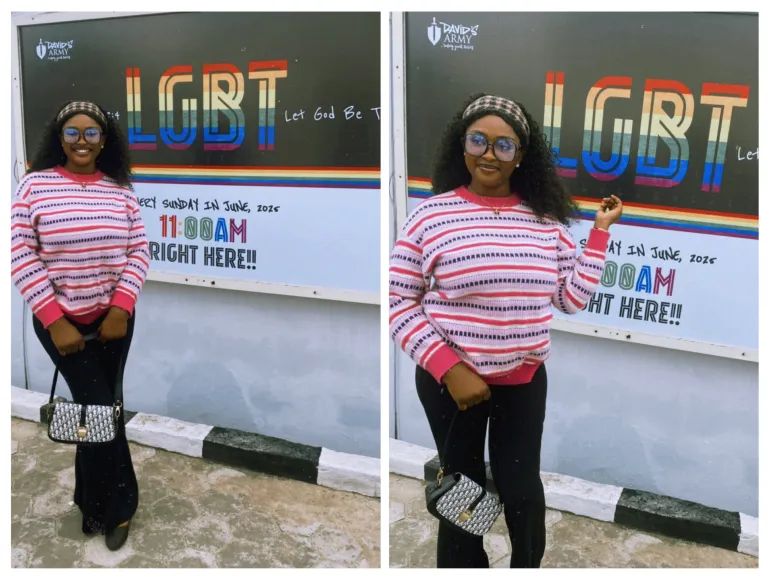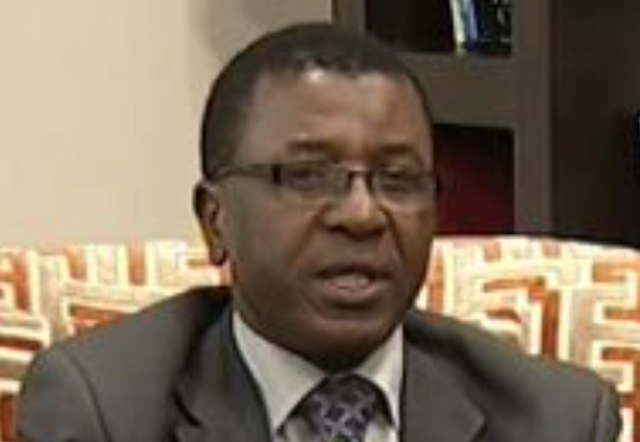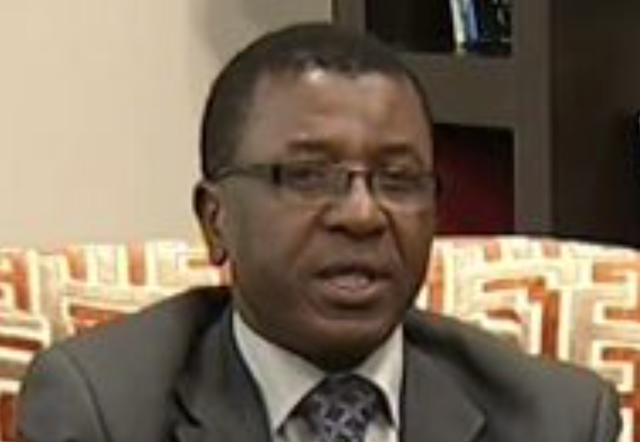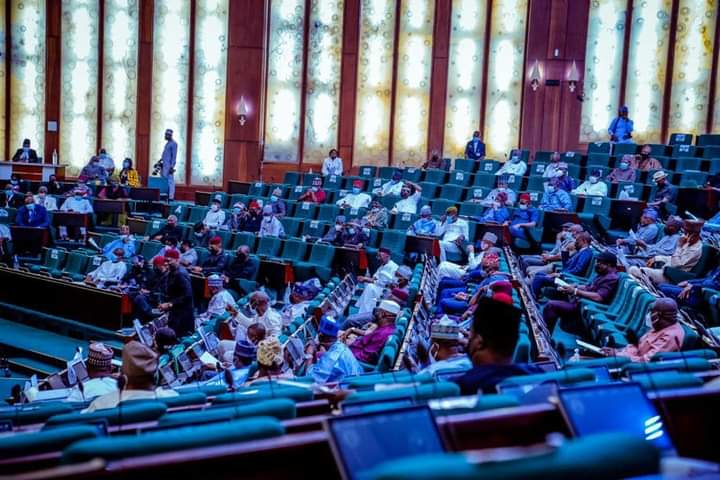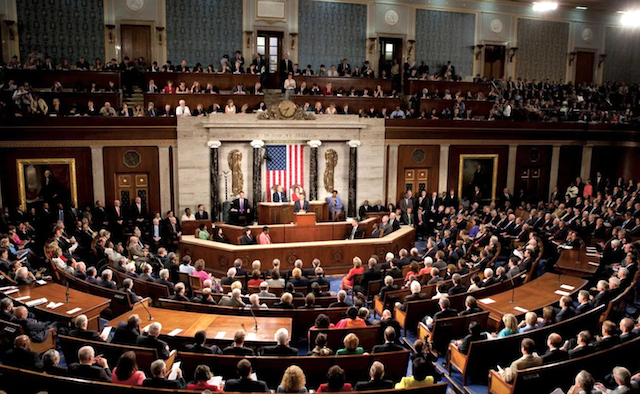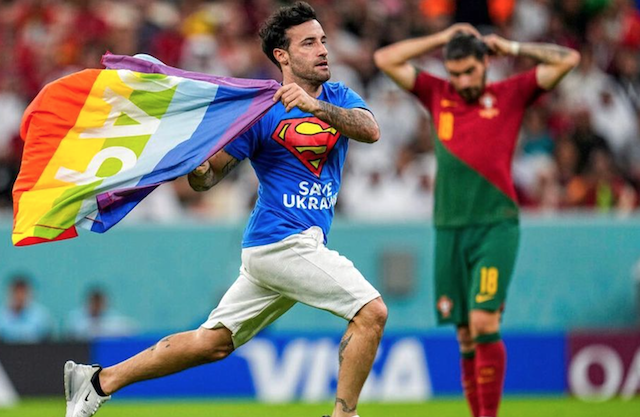The Vatican has recently released a declaration unequivocally denouncing, among other things, lesbian, gay, bisexual, and transgender (LGBT) issues, surrogacy, and gender ideology as grave violations of human dignity. Entitled “Dignitas Infinita” (Infinite Dignity), the 20-page declaration, officially released by the Prefect of the Vatican’s Dicastery for the Doctrine of the Faith, Cardinal Victor Manuel Fernandez, on Monday, April 8, 2024 (even though it had been in the works since 2019), denounces the aforementioned transgressions as against God’s teaching and God’s plan for human life.
While invoking the words of the prophet Isaiah, “Woe to those who call evil good and good evil, who put darkness for light and light for darkness,” “Dignitas Infinita” bluntly lambasts the aforementioned practices as gross violations of human dignity. “Dignitas Infinita” is rooted in the underlying principle that a human person is a unity of body and soul, and that “the dignity of the body cannot be considered inferior to that of the person as such.” The sexed body has a “natural order” that is part of the natural ordering of creation, which, as Pope Francis has emphasized, should be received as a “gift.”
Coincidentally, I happened to be in Rome in the very week in which “Dignitas Infinita” was released. I was in Rome delivering two papers: “Surrogacy: A Tragedy for Africa” and “The Place of the International Court under the African Court of Human and Peoples’ Rights in Combating Surrogacy,” at an International Conference of Jurists at Lumsa University, which is a stone’s throw from the Vatican. “Dignitas Infinita” was awaited with bated breath. Prior to the release of the declaration, speculations were rife in Rome and across the world that the new declaration would send shockwaves across the world and throughout the Church.
Specifically, many feared that it would spark an intolerable revolution in the entire Church doctrine and teaching. Why? Because the Dicastery that would issue “Dignitas Infinita” was the same Dicastery that issued “Fiducia Supplicans,” approving non-liturgical blessings for same-sex “couples,” which caused worldwide controversy in Christendom just four and a half months earlier.
When Dignitas Infinita eventually berthed on April 8, 2024, it was the opposite of what many had feared it would contain. For me, it is impressive and fascinating that the new declaration denounced surrogacy in the same manner as the International Conference of Jurists. If you ask me, I would say that Dignitas Infinita is a compelling read. It is a rearticulation and a reaffirmation of the age-long Church’s teaching on human dignity and a timely application of those principles to some of the most controversial issues of our age. Dignitas Infinita is applauded not for being a Catholic document but for being the most natural law-friendly document grounded in human nature and the ontological dignity of the human person.
Age upon age, Emmet John Hughes wrote on October 20, 1958, the city of Rome “has affected the destiny and trial of the Church in profound and ever new ways. No matter who sits on the throne of St. Peter in Rome,” continued Hughes, “he can know but one heritage, one purpose and, in G. K. Chesterton’s words, ‘one scheme…bestriding lands and ages with gigantic arches, and carrying everywhere the high river of baptism upon an aqueduct of Rome.’
These seemingly prophetic words of Hughes have somehow come to fulfilment in Dignitas Infinita. The new declaration merely affirms the longstanding Church’s teaching on LGBT, surrogacy, and gender ideology as a grave violation of human dignity. For example, in the 2008 document “Dignitatus Personae” on bioethical questions, the Congregation for the Doctrine of the Faith reaffirmed the Church’s opposition to the use of surrogate mothers. It confirmed what “Donum Vitae” had stated some 20 years earlier.
In that document, the Church explained that any birth technique involving people other than the married couple is unacceptable as it is “contrary to the unity of marriage and to the dignity of the procreation of the human person.” It also stated that it is a denial of “the child’s right to be conceived and brought into the world in marriage and from marriage.” The nature of the bond between a husband and a wife means that they have “the exclusive right to become father and mother solely through each other,” it added.
In law and ethics, surrogacy is denounced for bringing together both the objectification of women’s bodies and the commercialization of childbirth. Such practice takes away the humanity of the woman who bore the child, and it also denies the intense bond between a mother and her child that develops during pregnancy. Even if a woman is paid, as most U.S. surrogates are, what she did is a great commercialization of childbirth that takes away her dignity and diminishes her intrinsic worth. Given the predominantly commercial nature of many surrogacy arrangements, children born through surrogacy are at risk of being sold and/or exploited.
Surprisingly, surrogacy has gained ground in Nigeria. I remember last year, a man and a young girl walked into our law firm. They wanted me to draw up a surrogacy agreement whereby the girl would rent out her womb for the man so that the girl would bear a surrogate baby for the man. Of course, without a second thought, I rejected the legal brief. I told them that even though I was desperately in need of money at that time, I would not facilitate an illegal agreement to carry out an illegal action. Surrogacy is illegal in Nigeria. Sections 30 of the Child Rights Act, sections 13 and 21 and 82 of the Trafficking in Persons (Prohibition) Enforcement and Administration Act (TIPPEA Act), and articles 8 and 31 of the African Charter on Human and Peoples’ Rights denounce all forms of surrogacy.
As regards transgenderism, I consider it as the new madness of the 21st Century. It is considered a phenomenal madness because it challenges the natural law and human nature, which are fundamental to every human civilization. Human nature is an unchanging reality that transcends time and history. No amount of surgical procedures or hormonal treatments can change a person’s biological sex. Transgenderism undermines the traditional socialization of boys into men and girls into women by denying the biological basis of manhood and womanhood. It teaches that gender is a social construct rather than a natural or biological one, suggesting that individuals are free to choose any gender that suits their preference, regardless of their natural and biological gender. We now live in a new era where being homosexual, lesbian, or transgender is synonymous with international civility.
A few years ago, I attended a United Nations Session at the United Nations Headquarters in New York, United States. During the session, a young man was caught by some ladies in a female toilet. When questioned, he claimed that although he appeared outwardly as a man, he felt like a woman inside. This incident reflects the new challenges we face. However, the fact remains that transgenderism is not innate; it is not determined by genes. It is an acquired madness. No matter the efforts, one cannot change one’s chromosomes. One may succeed in altering one’s appearance through makeup, but one cannot change one’s biological sex. This is why Dignitas Infinita teaches that any attempts, whether medical or non-medical, to alter one’s sexual appearance are inconsistent with human dignity. Additionally, the use of language that obscures the reality of sexual difference is also considered inconsistent with human dignity.
Perhaps the most remarkable paragraph of Dignitas Infinita, in my humble view, is the paragraph denouncing modern-day gender ideology. The paragraph draws a clear distinction between “sex” and “gender.” It states that God created man and woman as biologically different, separate beings, yet some people are denying their sex, essentially playing God. Pope Francis fervently believes that the idea that gender is fluid “rather than helping to recognize dignity, impoverishes the vision” of man and woman coming together to create new life. He denounces “gender theory” as the “worst danger,” an “ugly ideology” facing humanity today.
Pope Francis is correct. The notion of “gender” has become a Trojan horse. “Gender” no longer simply means two sexes—male and female—as traditionally understood. It has become a social construct instead of a biological one, encompassing homosexuality, lesbianism, transgenderism, and abortion. The phrase “gender equality” no longer signifies the ontological and radical equality between man and woman that we cherish and subscribe to. Instead, it has become another euphemism for the legalization of homosexuality, lesbianism, transgenderism, and abortion. “Gender equality” seeks to mainstream homosexuality and lesbianism into all spheres of society, including schools, businesses, churches, and beyond. Currently, there are at least seven different genders recognized at United Nations proceedings and deliberations: male, female, gay, lesbian, transgender female, transgender male, and bisexual.
The list is endless, which is why the phrase “gender equality” raises a red flag at United Nations negotiations. Many countries’ delegates oppose the phrase because they know it connotes LGBT, trans, and gender-diverse people. Attempts to pass the Gender Equality Bill into law in Nigeria and other countries have failed for the same reason.
So, the appropriate word to use is “sex,” not “gender.” For example, section 42(1) of the 1999 Nigerian Constitution, which provides for equality between male and female in Nigeria, uses the word “sex,” not “gender.” “Sex” means “male” or “female,” whereas “gender” connotes LGBT, trans, and gender-diverse people and so forth. Section 42 (1) of the 1999 Nigerian Constitution stipulates that no citizen of Nigeria should be discriminated against on the grounds of his or her sex, ethnic group, place of origin, religion, or political opinion.
On the contrary, South Africa, the first and only African country and fifth country in the world to legalize LGBT, has retained “gender” in the South African Constitution. So, for a country that does not want to legalize LGBT, the appropriate word to use is “sex,” not “gender,” because “sex” simply means “male” or “female,” whereas “gender” connotes LGBT, trans, gender-diverse, and all sorts of nonsense.
As expected, the liberal and ultra-liberal media – CNN, BBC, Washington Post, New York Times, and others – have rejected Dignatas Infinita. For example, the Washington Post has dubbed Dignatas Infinita as “something of an olive branch to church conservatives.” In the same vein, the LGBT community worldwide has rejected Dignatas Infinita.
They argue that the declaration is a big setback and a big disappointment because they thought Pope Francis was in support of LGBT and gender theory. They criticize the new declaration as outdated, harmful, and contrary to the stated goal of recognizing the “infinite dignity” of all of God’s children. They complain that the Vatican is again supporting and propagating anti-LGBT ideas that lead to real physical harm to transgender, nonbinary, and other LGBTQ+ people. They warn that it could have real-world effects on trans people, fueling anti-trans violence and discrimination.
Studies on the rise and fall of human civilizations show that most have collapsed due to a combination of factors, including the collapse of objective moral standards, which serve as the superstructure for constructing societal ethos. For example, empires such as Greece under Pericles, Rome under Caesar, France under Napoleon, and Germany under Hitler collapsed due to a combination of political and moral corruption. The West has experienced two world wars and has seen the rise of ideologies such as Communism, Fascism, and Socialism, as well as leaders like Mussolini, Stalin, and Hitler. Now, it is facing challenges from movements like LGBT and gender activism, which some argue threaten the very foundation of human society. History shows that societies that go against natural law often face consequences, as nature has a way of reasserting and rebalancing itself.
For this reason, the gender hypothesis is seen as a potential catalyst for anthropological cataclysm. The LGBT movement, proponents argue, will eventually face strong natural resistance that will lead to its demise. Every society derives its meaning and purpose from some unchanging, self-evident natural truths, which form the superstructure for building societal ethos. By seeking to abolish this truth and promote an absurd taxonomy of LGBT and gender ideologies, the West is not only tearing itself apart but also potentially hastening its final collapse. The Roman Empire, for instance, collapsed under the weight of moral corruption. Similarly, some argue that Western civilization is crumbling under the influence of LGBT and gender ideologies.











